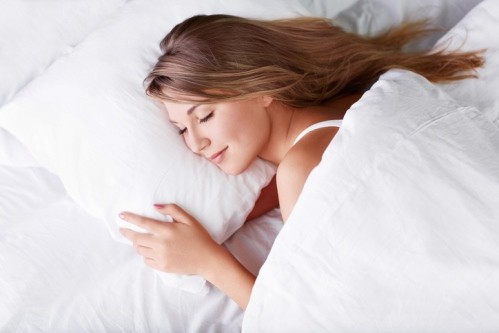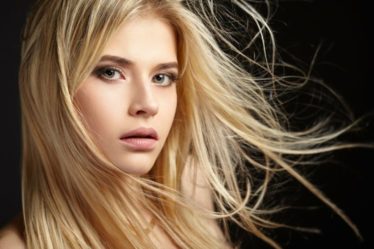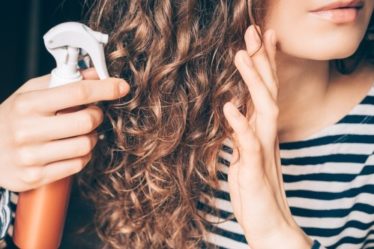
Have you ever gone to bed with wet hair? The answer is almost certainly yes. Falling asleep with wet hair is harmful – both for your health and for the appearance and condition of your hair. Learn why it is harmful to fall asleep with wet hair.
Is it harmful to sleep with wet hair?
There is still not enough time for beautification, especially during the week. And one of the most time-consuming procedures is washing and styling the hair. That’s why many women leave it for the last task of the day, just before bedtime. In combination with this, many ladies do not like to use a hairdryer because they are aware of the harms of hot air. But which is more harmful – the hairdryer or sleeping with wet hair? It turns out that falling asleep with wet hair hides more potential risks for both overall health and hair condition.
1. Hair is torn more easily
Wet hair is vulnerable. Friction in a pillowcase, pajamas, or shoulder press is much more likely to weaken the roots and even tear it. This will not only damage its appearance but may even weaken the roots, causing mild forms of hair loss.
2. It is difficult to shape
If you fall asleep with wet hair, the next day you will have to spend much more time to style it. You will need a lot more cosmetics, which also leaves its mark on the health of the hair. When it dries, the hair acquires a certain shape, and “bringing order” is then a time-consuming activity. It is especially difficult to arrange the road.
Therefore, wash your hair at least 3 hours before bedtime. This way it will be less humid and only a few minutes with a hairdryer will be enough to at least shape its path and shape.
3. The pillow becomes a breeding ground for bacteria
Falling asleep with wet hair affects not only her appearance. Moisture seeps through the pillowcase. In combination with the heat you emit, the place becomes a breeding ground for bacteria. This can damage not only the hair but also the skin of the face, neck, shoulders, and décolleté and cause pimples and even inflammation. Unfortunately, changing the cover is unlikely to solve the problem, because moisture seeps into the pillow itself.
4. Causes dandruff
When you lie down with damp hair and scalp, it is very likely to form dandruff. If the scalp stays moist for a long time and warms up on the cover, the fungus will develop. The treatment of dandruff caused by fungus is often quite long and sometimes even requires special medical shampoos, after consultation with a dermatologist.
5. Hair is exhausted
When you fall asleep with wet hair, not only moisture but also natural fats are absorbed by the pillowcase. We have already mentioned bacteria, but the lack of natural fats makes hair drier and exhausted. If it happens too often, it will cause blooms and breakage.
6. Do not tie wet hair
It often happens that you tie or braid wet hair before going to bed with the thought that you will not get so tangled while you sleep. In fact, the opposite is true. First, braided or tied wet hair will dry more slowly or will not dry at all. This will leave the scalp moist, which can lead to dandruff. Second, wet hair is more vulnerable. Tying or braiding causes tension in the roots and hair. May cause hair loss and tearing. Third, braiding or tying wet hair will cause it to dry in a strange shape – where it has been broken by the braid and / or elastic. Turning it into another form would take a lot of time and effort.
7. Sleeping with wet hair is bad for overall health
In addition to the problems it causes to the hair and scalp, falling asleep with wet hair is also detrimental to overall health. Studies show that it can cause sinus headaches, neck, and shoulder pain. Other studies have linked sleep to wet hair and a drop in immunity.
In fact, the body loses about 50% of its body heat through the head. It is not difficult to make the connection between a wet head and a cold.





